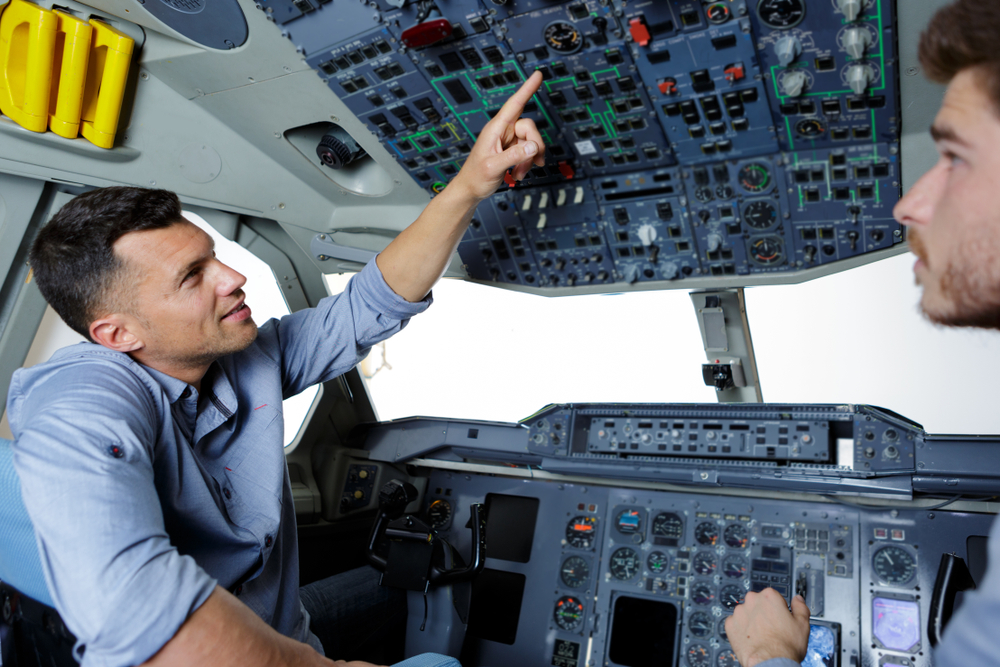Drone Operator Certification Process
In recent times, the popularity of drones has surged. Both hobbyists and professionals use them for various purposes, from aerial photography to industrial inspections. To ensure safety and compliance with regulations, many countries require drone operators to obtain certification. This article delves into the step-by-step process to become a certified drone operator.

Understanding Certification Requirements
Before beginning the certification process, it’s essential to understand the specific requirements set by aviation authorities. Each country has its own set of rules and guidelines. For example, in the United States, the Federal Aviation Administration (FAA) governs drone operations under Part 107 of the Federal Aviation Regulations.
Eligibility Criteria
Most certification processes require applicants to meet age and language proficiency requirements. In the US, applicants must be at least 16 years old and able to read, speak, write, and understand English.
Knowledge Test Preparation
Prospective drone operators need to pass a knowledge test. This test covers various topics, including airspace classifications, flight restrictions, weather patterns, and drone maintenance. Many resources are available to help candidates prepare:
- FAA Study Guide: The FAA provides an official study guide available on its website.
- Online Courses: Several online platforms offer courses specifically designed for drone operator certification.
- Practice Tests: Taking practice tests can help candidates familiarize themselves with the test format and types of questions.
Registering for the Test
Once prepared, candidates can schedule their knowledge test at an approved testing center. Online registration is usually available. Candidates will need to provide identification and pay a testing fee. In the US, the fee is around $150.
Taking the Knowledge Test
The test typically consists of multiple-choice questions. Candidates have a limited amount of time to complete it, usually around two hours. A passing score is 70% or higher. Test results are usually available immediately after completion.
Application Process
After passing the knowledge test, candidates need to complete an online application for their remote pilot certificate. In the US, this is done through the FAA’s Integrated Airman Certification and Rating Application (IACRA) system. Applicants must include their test results and other personal information.
Background Check
The aviation authority conducts a background check on each applicant. This step ensures that certified drone operators do not pose a security risk. The process may take several weeks to complete.
Receiving the Certificate
Upon successful completion of the background check, candidates receive their drone operator certificate. This certificate allows them to legally operate drones for commercial purposes.
Maintaining Certification
Once certified, drone operators must adhere to ongoing requirements. These often include routine refresher courses and recurrent knowledge tests. In the US, operators must pass a recurrent test every 24 months to maintain their certification.
Operational Limitations and Responsibilities
Certified drone operators must follow specific operational rules and guidelines. These can include:
- Maximum Altitude: Typically 400 feet above ground level.
- Line of Sight: Operators must keep the drone within their visual line of sight.
- Restricted Areas: Drones must avoid certain areas, such as near airports or over large gatherings.
- Daylight Operations: Unless specifically waived, drone operations should occur during daylight hours only.
Operators are also responsible for ensuring their drones are in good working condition and comply with local, state, and federal regulations.
Getting Waivers for Specific Operations
In some cases, operators may need to perform tasks that fall outside standard operational limits. They can apply for waivers from the aviation authority. The application must include details about the specific operation and how the operator plans to mitigate potential risks.
Insurance Considerations
While not always mandatory, having insurance can be beneficial for drone operators. Insurance can protect against liability claims and cover damages to the drone. Operators should research and choose plans that best suit their needs.
Continuous Education and Keeping Up with Regulations
The field of drone aviation is rapidly evolving. Certified operators should stay informed about the latest regulations, technologies, and best practices. Joining industry organizations and participating in workshops and conferences can provide valuable insights.
Opportunities for Certified Drone Operators
Certification opens up various opportunities in different industries:
- Aerial Photography and Videography: Providing services for events, real estate, and film productions.
- Surveying and Mapping: Assisting in construction, agriculture, and environmental monitoring.
- Inspections: Performing inspections of infrastructure such as bridges, power lines, and cell towers.
- Delivery Services: Some companies are exploring drone delivery for goods and medical supplies.
The drone operator certification process ensures that individuals can safely and legally participate in these growing fields.
“`


Subscribe for Updates
Get the latest articles delivered to your inbox.
We respect your privacy. Unsubscribe anytime.